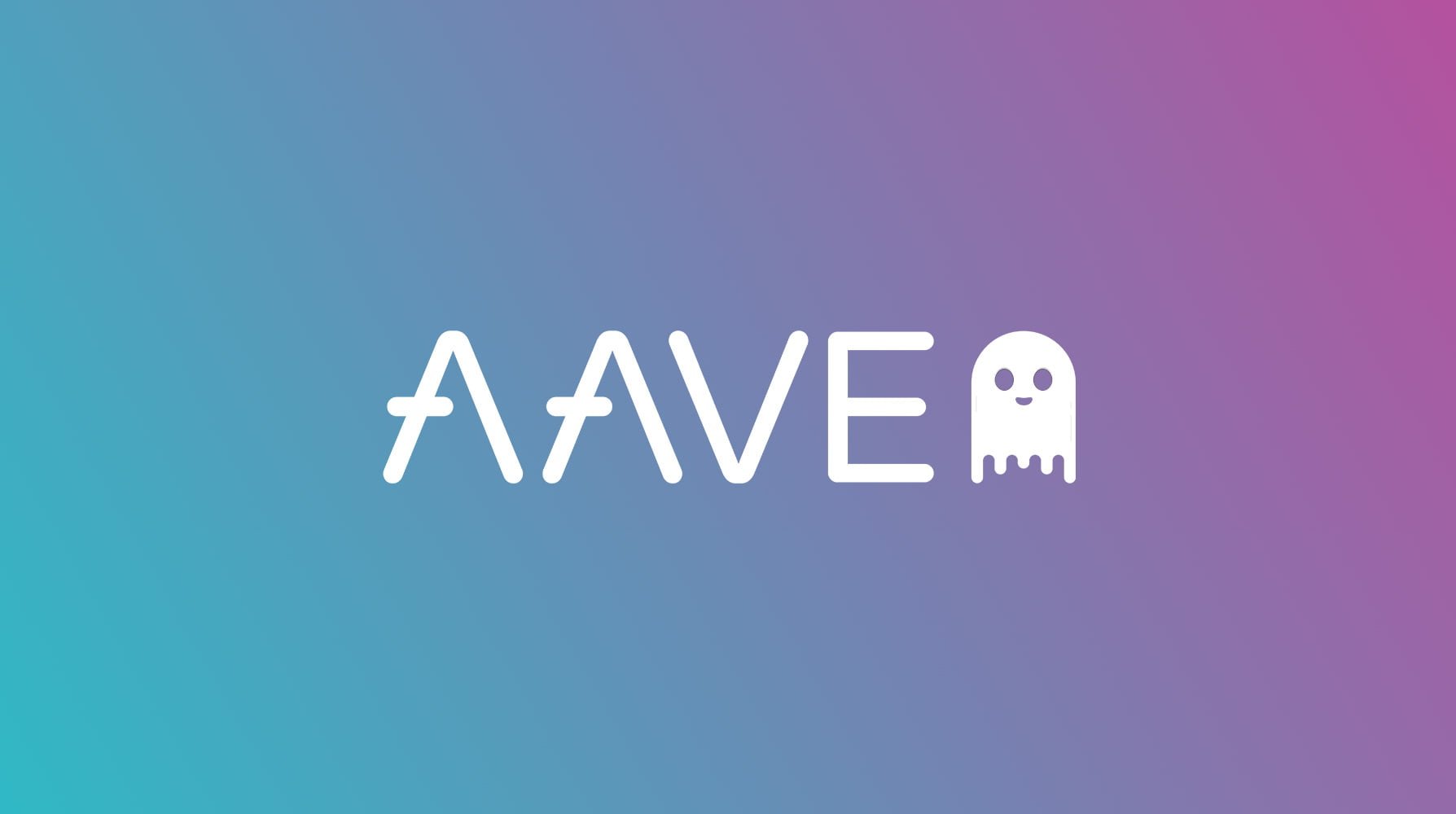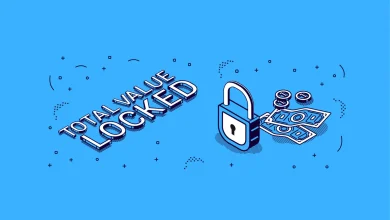Aave Labs wins MiCAR authorisation for Push, launches zero-fee stablecoin ramps across the EEA


Aave Labs its Ireland-based subsidiary, Push Virtual Assets Ireland Limited, has been authorised by the Central Bank of Ireland as a Crypto-Asset Service Provider (CASP) under the EU’s Markets in Crypto-Assets Regulation (MiCAR).
The approval clears the way for Push—branded “Push by Aave Labs”—to offer regulated, fee-free fiat on- and off-ramps into stablecoins across the European Economic Area (EEA).
What the Authorisation Allows
Aave says the MiCAR authorisation applies specifically to Push’s fiat-to-stablecoin on- and off-ramp services.
That means Push can now provide regulated, zero-fee conversions between euros and stablecoins—beginning with Aave’s native stablecoin GHO, and extending to other supported stablecoins—for users in EEA jurisdictions. The company framed the change as a consumer-protection step that simplifies moving funds between euros and digital assets.
Aave included this direct statement in its announcement:
“With MiCAR authorisation, Push by Aave Labs can provide regulated, secure on and off-ramping of Aave’s native stablecoin, GHO, alongside other stablecoins with no fees. This allows users to move easily between euros and digital assets under a new standard for consumer protection and transparency.”
Aave also emphasised that the Aave Protocol remains decentralised and permissionless, and that the MiCAR authorisation applies only to Push’s regulated service offering—not to the protocol itself.
The approval arrives as stablecoins gain broader usage and market scale. The total stablecoin supply surpassed the $314 billion mark, reflecting rapid growth in on-chain dollar-pegged assets and rising use outside pure trading. Presently, GHO stablecoin has a market capitalization of $438 million.
Aave’s regulated, fee-free ramps could lower friction for euro-based users entering DeFi, while placing those rails inside a supervised, MiCAR-compliant framework.
Developments Across Europe
European crypto‑regulatory pressure is increasing. Coinbase Europe has agreed to a later than it found the platform’s automated monitoring systems failed to detect or escalate suspicious transactions between April 2021 and March 2025.
The regulator flagged more than 30 million transactions—involving billions of euros in value—that escaped enhanced scrutiny due to coding errors and under‑calibrated systems.
Elsewhere in the EEA, Slovenia‑based broker Ilirika has partnered with Germany’s Boerse Stuttgart Digital to roll out crypto trading and custody services
The collaboration will embed Boerse Stuttgart Digital’s infrastructure into Ilirika’s investment platform, enabling clients to transact and store cryptocurrencies within a regulated structure—marking a shift toward mainstream‑ready crypto access under EU supervision.







